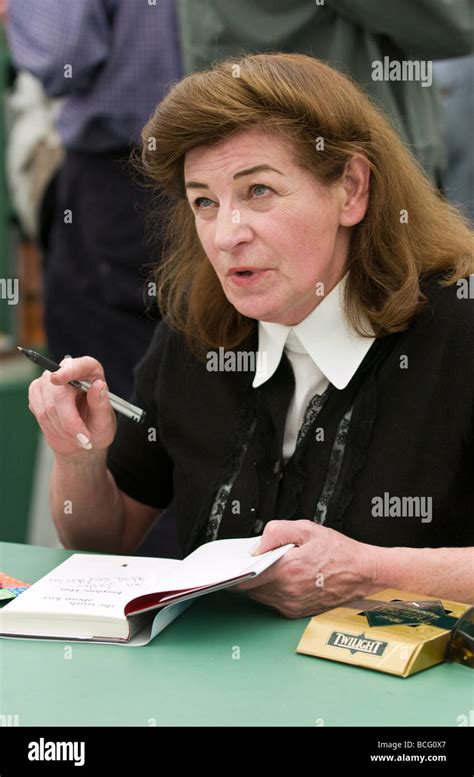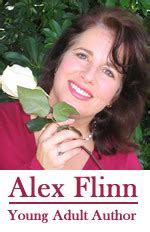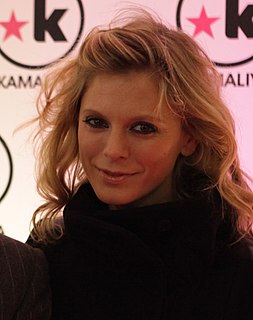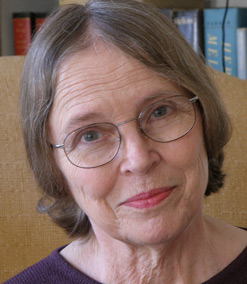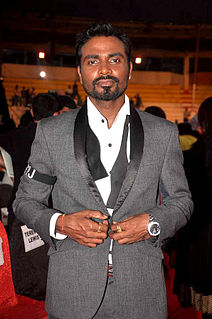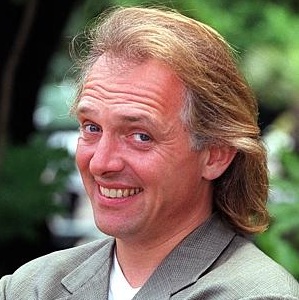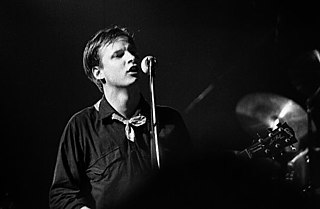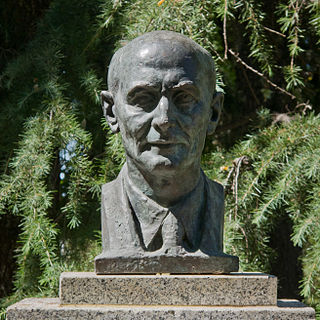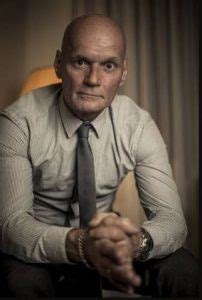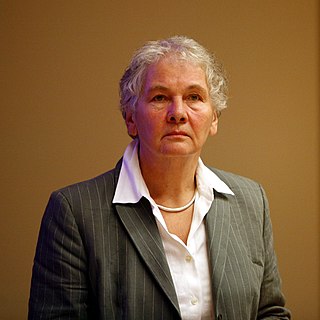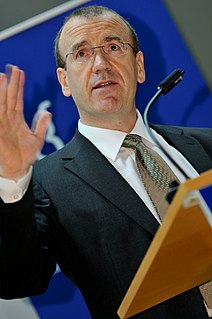A Quote by Adrian Tomine
I had a mundane, happy childhood, without much struggle.
Related Quotes
They say that childhood forms us, that those early influences are the key to everything. Is the peace of the soul so easily won? Simply the inevitable result of a happy childhood. What makes childhood happy? Parental harmony? Good health? Security? Might not a happy childhood be the worst possible preparation for life? Like leading a lamb to the slaughter.
All of my childhood, we were on welfare. My mom received Aid for Families with Dependent Children - welfare. Without that, we wouldn't have had subsidized housing. Most of my childhood, we had a two-bedroom apartment, but eventually we got into the projects, where we had four bedrooms. That was great.

